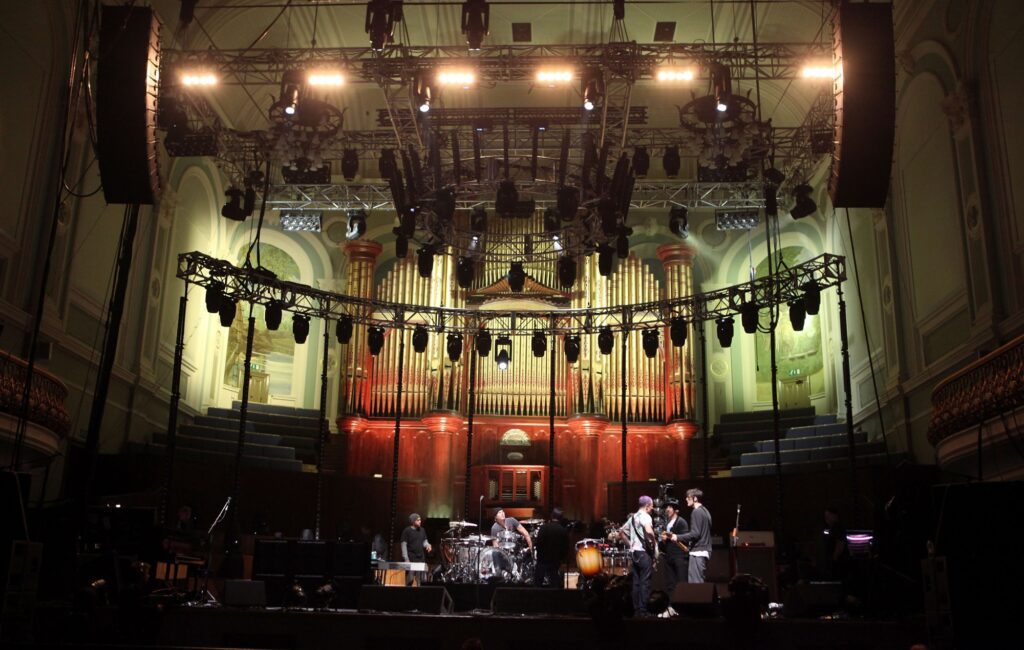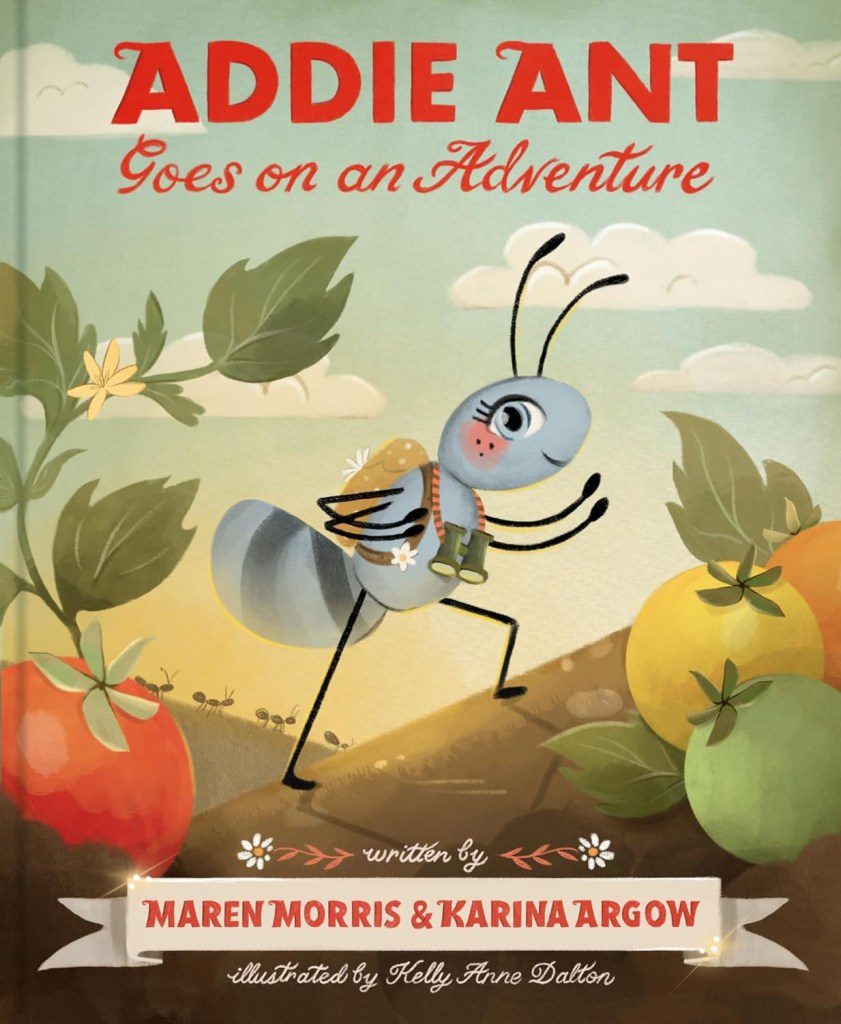Irish government to pay “basic income” to around 2000 artists under new scheme
The Irish government is set to pay approximately 2000 musicians, actors and other performers a basic income for three years.
As reported by BBC News, a consultation has been opened regarding how the new Basic Income For The Arts scheme will run.
Its aim is to provide a weekly payment to a specific group of workers within the arts industry to help them pursue creative projects. A basic payment of €10.50 (£8.75) per hour is suggested, though the overall income is yet to be confirmed.
Entertainment and arts venues in the Republic of Ireland were forced to close for long periods throughout 2020 and 2021 due to ongoing coronavirus restrictions, as were those in Northern Ireland.
The basic income pilot scheme was suggested by a new taskforce that was launched by the Irish minister for tourism, culture, arts, Gaeltacht, sports and media, Catherine Martin, in a bid to recover from the “unprecedented damage” brought on by the pandemic.
In a statement, Martin said that the Basic Income for the Arts was a “once-in-a-generation policy intervention”.

Martin previously said that the Irish government would be contributing €25m (£20.87m) to the scheme, which is expected to begin in early 2022. Further details have now emerged in a consultation that is running between January 6 and January 27.
The aim of the meeting is to hear views and suggestions on what the Basic Income For The Arts scheme should deliver, including the eligibility for the income and what the appropriate level of funds should be.
A figure of 2000 people was suggested previously, though it currently remains unclear as to how many arts workers will benefit. Per the consultation, if more people are eligible then participants may have to be selected at random.
Last month, Ireland’s prime minister Micheál Martin closed nightclubs and reduced indoor venue capacities to 50 per cent in a bid to curb the new Omicron variant of COVID. (Late-night clubs had only reopened on October 22 following the initial lockdown.)
Additional measures such as table service, mask-wearing (when not seated) and limits on the number of customers per table were also reintroduced.
Martin promised that venues severely impacted by the new restrictions would be eligible for financial support, acknowledging that several industries “will be bitterly disappointed by this news” and “many of them will be fearing for their livelihoods”.
“I want to reassure them that just as we have done since the beginning of the pandemic, the government will stand by them and ensure that they have the financial supports necessary to weather this latest storm and to stay intact until we are out of it,” he said at the time.





